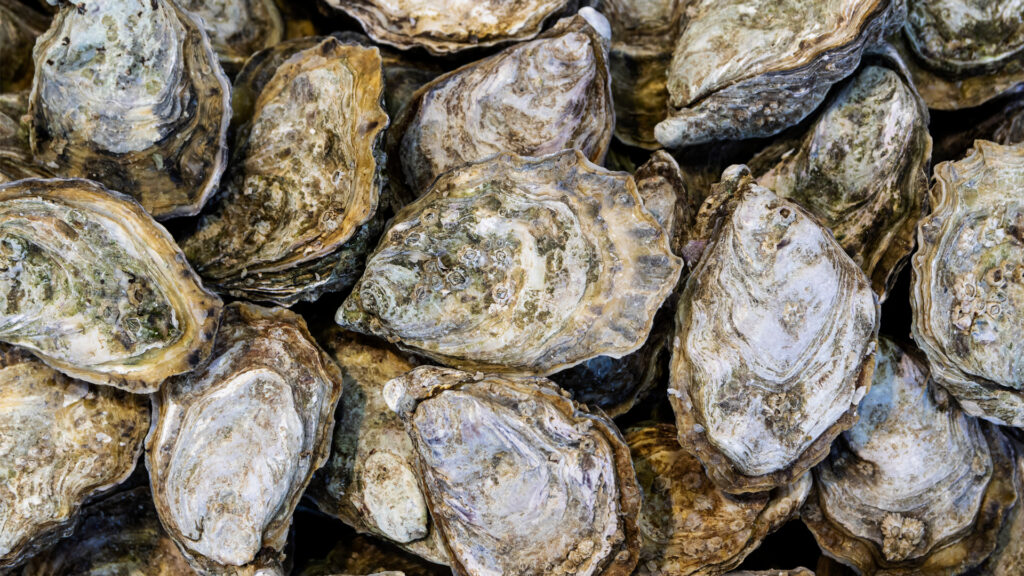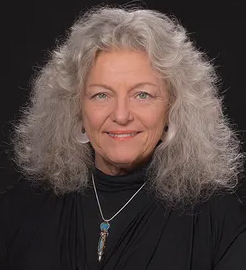By Chucha Barber
Three years after the infamous BP Deepwater Horizon oil spill of 2010, Triumph Gulf Coast Inc., a nonprofit corporation, was organized to oversee the expenditure of 75% of all funds recovered by the Florida attorney general for economic damages to the state. Triumph has awarded about $550 million in grants for recovery, diversification and enhancement of North Florida counties affected by the spill.
One of the projects funded by Triumph is an $8 million grant to Florida State University to study the collapse of Apalachicola Bay oyster fishery and the destruction of that way of life.
Now, there is news Florida’s Department of Environmental Protection is moving forward with approval for a permit to approve exploratory oil drilling in the Apalachicola River flood plain.

Yes, you are reading this correctly.
If money from an oil spill settlement is being used to study the collapse of the wild oyster industry in Apalachicola, perhaps drilling for more oil in the area might not be a good idea.
There may be no greater demonstration of resiliency, determination and the importance of natural resources than the history of the people of Apalachicola. The last five years, however, have been brutal.
In addition to the oil spill, the region has endured Hurricane Michael, the Eastpoint fire, the collapse of a healthy oyster-driven ecosystem and, finally, a government shutdown of wild oyster harvesting that has resulted in failed “oyster houses,” “shrimp houses” and a way of life for many.
The result of FSU’s research includes the Apalachicola Bay System Ecosystem-Based Adaptive Restoration Management Plan, released in January 2024. Nowhere does the plan indicate drilling for oil in the Apalachicola flood plain is one of the overarching goals for Apalachicola Bay’s restoration.

All three of Tallahassee’s institutions of higher education have a vested interest in Apalachicola Bay and the floodplain. Tallahassee Community College’s Wakulla Environmental Institute creates oyster domes to bring back the wild oyster population. Florida A&M University studies micro-organisms that affect oyster populations. Florida State University’s marine lab and researchers have devoted years of study and continue to lead stakeholders toward a sustainable fishery.
What we know for sure is there was not just one reason for the collapse. We also know there is no magic bullet. We know clean water is essential to our lives.
Oyster reefs are estuaries for more than 3,000 forms of marine life. Some of the best oysters in the world have come from Apalachicola Bay. We know that if left alone, oyster populations have the best chance for recovery. A healthy oyster population can mitigate red tide, algae blooms, sea level rise and storm surge.
We know global food demand is increasing. Our food future is dependent on healthy wild fisheries and aquaculture.
We also know there are catastrophic risks to oil drilling in the state’s largest and most sensitive, undisturbed floodplain ecosystem in Florida. It is not a risk worth taking.
Chucha Barber, p.g.a., is a member of the Producer’s Guild of America, an award-winning documentarian, former Museum Director and published author. She produced the internationally acclaimed documentary film “UNFILTERED: The Truth About Oysters.” This opinion piece was originally published by the Tallahassee Democrat, which is a media partner of The Invading Sea.
If you are interested in submitting an opinion piece to The Invading Sea, email Editor Nathan Crabbe at nc*****@*au.edu. Sign up for The Invading Sea newsletter by visiting here.



